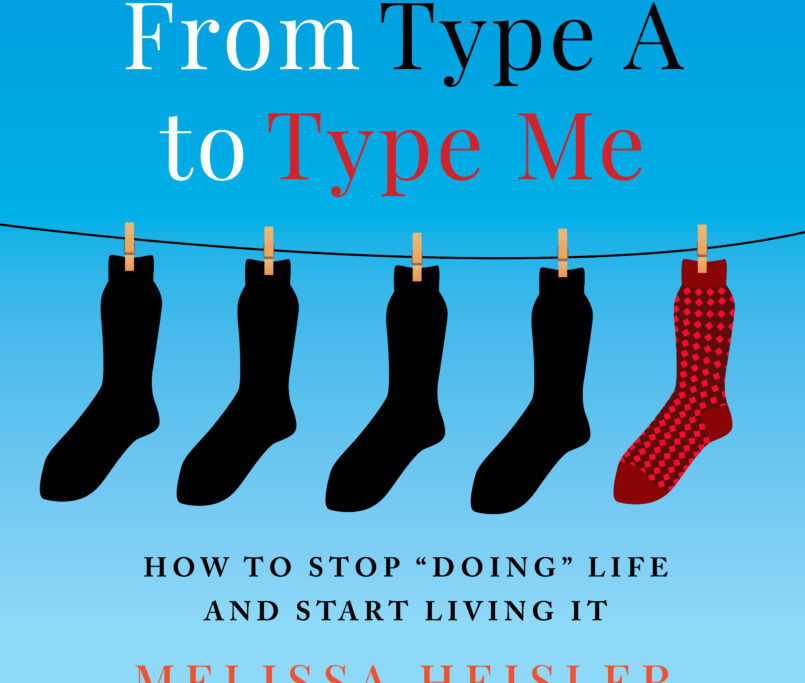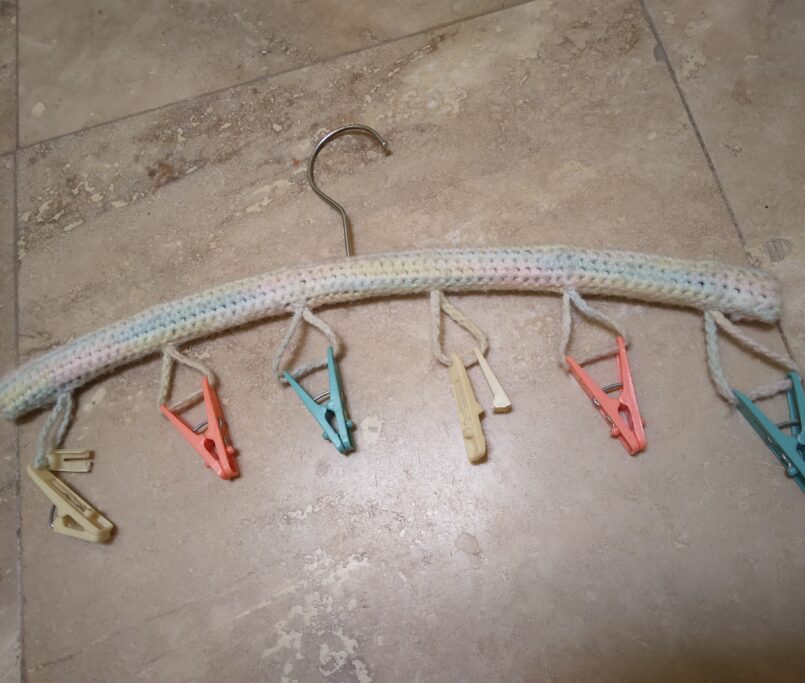If It Bleeds, It Leads
I read a very interesting article by Roger McNamee about Facebook, how the algorithms they use were exploited, and how, because Facebook does not see themselves as a media company, the company took no responsibility or action regarding inflammatory and divisive posts on their site. The article is well worth the read and does a terrific job explaining the issues, results, and solutions. What I would like to explore is not the responsibility of social media companies, but how our emotions can get away from us leading us to blindly accept and seek more of what scares us, resulting in poor, unconscious, non-rational choices.
Our survival is based on avoiding danger. Because of this, the more primeval parts of our minds are always on the lookout for danger. Our reaction to this danger is unconscious. We get a boost of adrenaline when we sense danger, so we can fight or flee. This pop of adrenaline can become addictive, so we look for more and more things to fear. Eventually we are in a cycle of looking at things we fear, seeking more things to fear, and fearing more. All unconsciously. Just like sex sells in advertising, focusing on fear and outrage fuels news companies focused on profit not pure journalism. As Roger McNamee writes, “People tend to react more to inputs that land low on the brainstem. Fear and anger produce a lot more engagement and sharing than joy. The result is that the algorithms favor sensational content over substance.”
 This can be seen by the posts that flooded Facebook before the last presidential election and other contentious issues now hitting the USA and other parts of the world. Polarizing fear-based posts – from both sides – are more often reacted to, commented on, and shared more frequently. The result is a strengthening of fear, outrage, and anger. We are not seeking understanding. We want revenge. We want good guys and bad guys. We want the villain burned at the stake. We are acting like three year olds throwing a tantrum because we are not happy and have no control over our emotions.
This can be seen by the posts that flooded Facebook before the last presidential election and other contentious issues now hitting the USA and other parts of the world. Polarizing fear-based posts – from both sides – are more often reacted to, commented on, and shared more frequently. The result is a strengthening of fear, outrage, and anger. We are not seeking understanding. We want revenge. We want good guys and bad guys. We want the villain burned at the stake. We are acting like three year olds throwing a tantrum because we are not happy and have no control over our emotions.
Responding, sharing, and commenting on hate and fear is easy. Blind emotional reaction allows us to be easily manipulated. It separates us from each other. It polarizes us. It keeps us from rational thought and discussion.
Focusing on compassion, a desire to understand, and actual actionable solutions is much harder – and is more productive and less stressful.
The first step is to begin noticing when we are triggered by emotion. I am not immune to this. I will often see a post that aligns with my thinking or triggers my fear, anger and sadness. Thankfully, I usually catch myself before I comment or share. If I can take a breath I see that, first, the article only has one view. It is usually just stating what is wrong and who is to blame – not how to solve it. Second, by taking a breath, I disengage my fear-based mind and realize that commenting on this article will not solve anything but will just continue the hate, fear, anxiety, and attacks.
When I read the article by Roger McNamee, I was triggered. Here were credible sources talking about something I believed but did not have proof about. After seeing the post shared with outrage and indignation, I decided not to be part of this feeding frenzy. Instead, I thought of what I could do to make things better. Yes, I just now shared the article because it has some important facts and, importantly, solutions to share. But my real purpose of sharing it is to have a discussion about how our emotions can take charge and what to do about it.
Do you notice when your emotions take over or do your knee-jerk reactions take charge?
If you can recognize when you are triggered, can you breathe or do other stress reduction techniques to get you out of the stress and back to center?
Once you are back to center, can you logically look at what triggered you and find a helpful solution to share with the world?
Share with us your thoughts on our current polarization of beliefs, how emotions can drive us out of control, and what you plan to do to make a difference.





